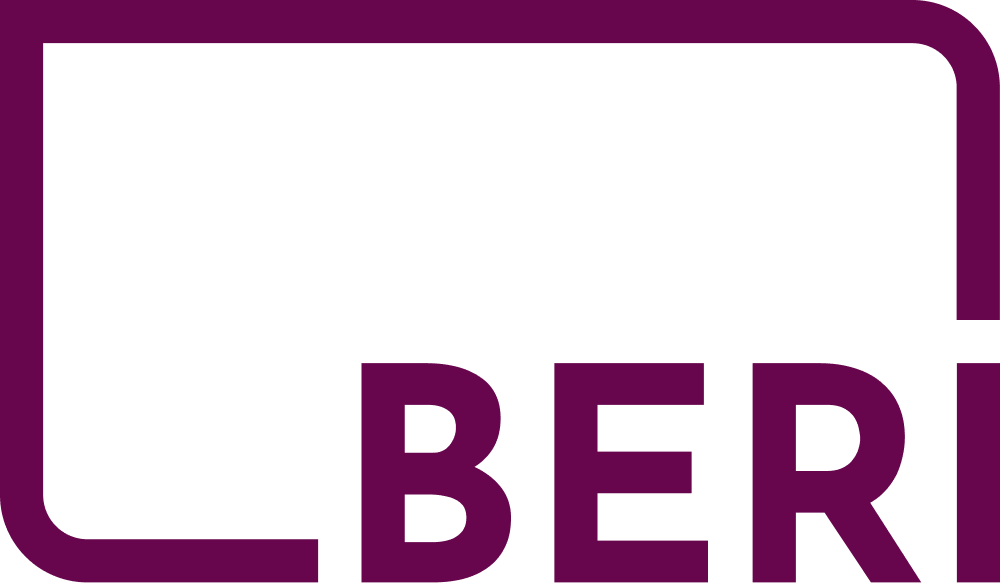
CATALYZING RESEARCH THAT PROMOTES HUMAN SURVIVAL AND FLOURISHING
Mission
BERI is an independent 501(c)(3) public charity. Our mission is to improve human civilization’s long-term prospects for survival and flourishing.
What We Do
Our primary focus is collaborating with university research groups working to reduce existential risk (“x-risk”), by providing them with services and support. Our goal is to make operations faster and more flexible for these groups by unblocking tasks and projects and allowing them to accomplish things that are difficult or impossible through existing university administration channels.
Why This Matters
We think of these organizations and their surrounding networks as forming what we call “the x-risk ecosystem”— a network of think tanks, non-profits, individual researchers, philanthropists, and others, all working to reduce existential risk. Our goal is to support this ecosystem by providing a source of flexible funding and helpful services to support its most important and neglected projects. By finding and solving problems that are common across organizations, we hope to add another vector of coordination to the x-risk ecosystem, accelerating humanity’s progress toward eliminating existential risks.




